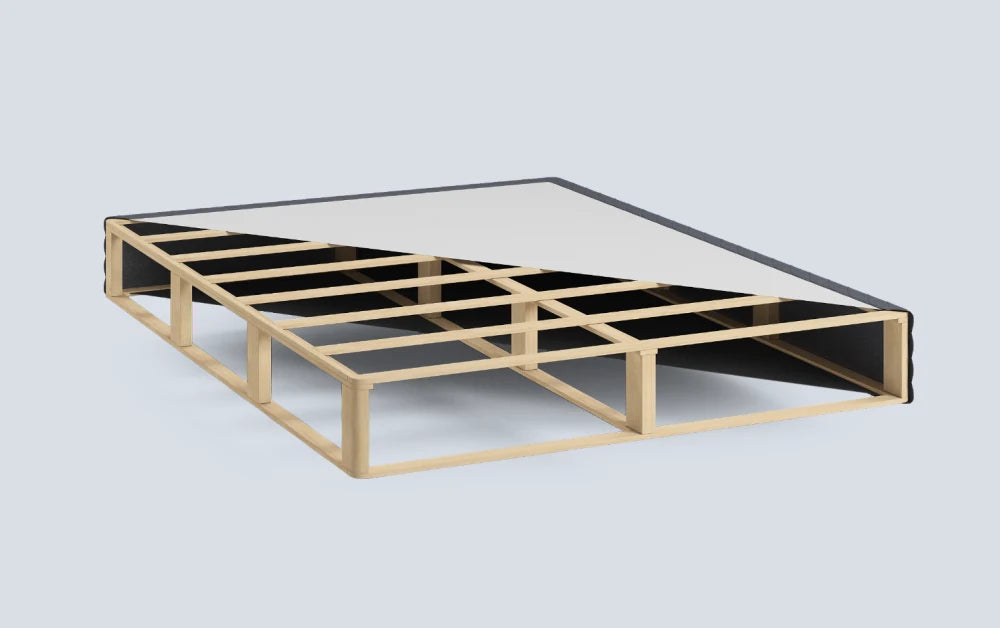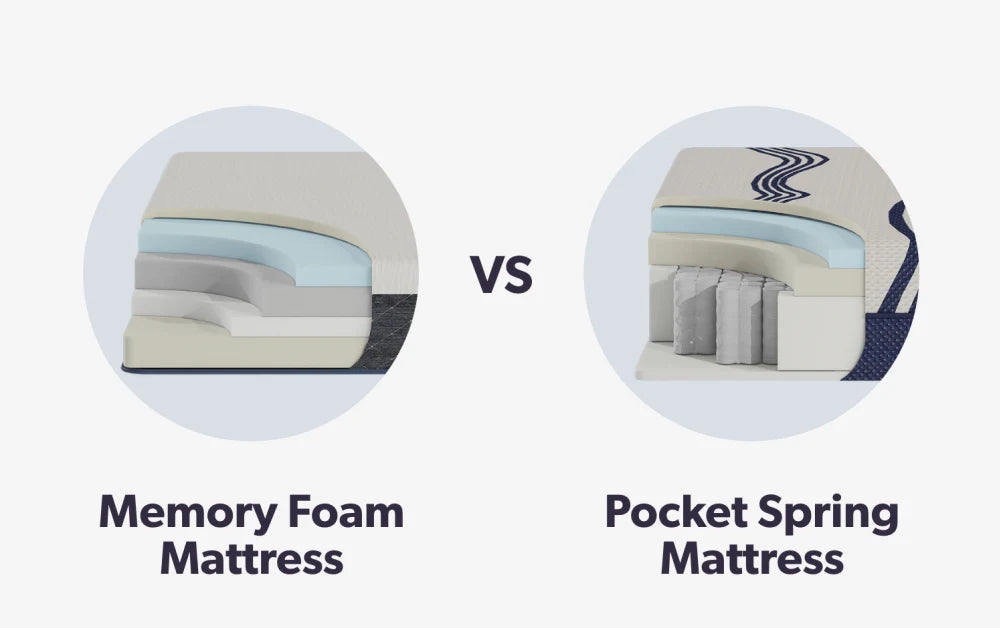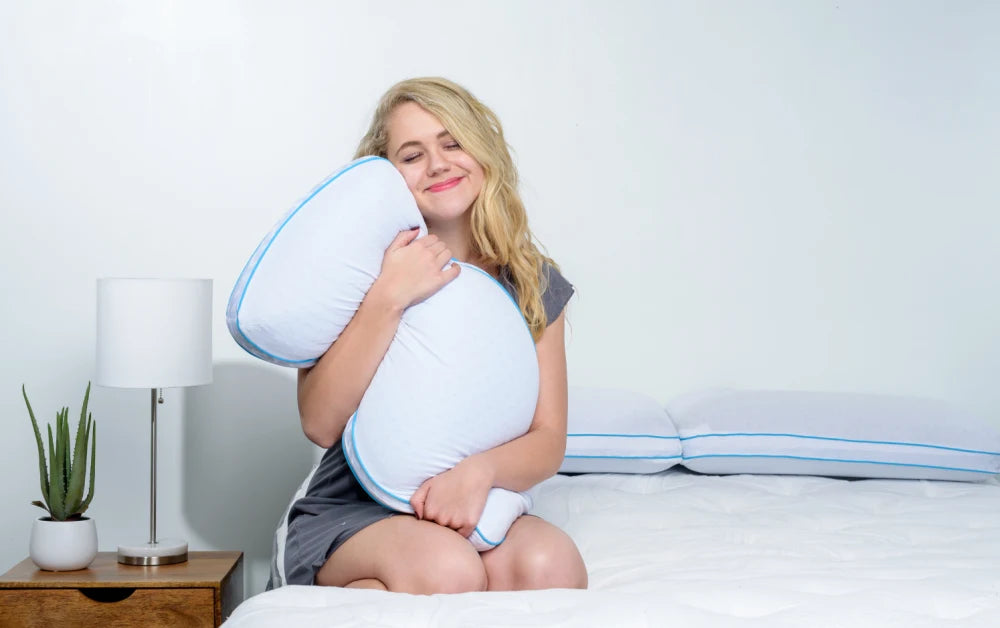New Mattress
Do You Need a Mattress?

Written by Ryan Farris
Founder

Initial Consideration
Understanding whether you need a new mattress is crucial.
Many mattress buyers are divided into two groups: those who replace their mattresses prematurely and those still using a mattress from the 1980s. Both extremes have drawbacks, but recognizing when it's time to replace your mattress is key. Generally, mattresses should be replaced every 7–10 years, but this depends on several factors. Mattresses don't come with built-in timers, so it's essential to watch for aging signs. If your mattress is over five years old, be mindful of your sleep quality. For example, new back pain, grogginess upon waking, or restless sleep could indicate it's time for a new mattress.
Understanding Your Mattress's Lifespan
Knowing the average lifespan of your mattress type is important. If you have a newer mattress, other factors like pillow choice or bedroom lighting might be affecting your sleep.
Here's a breakdown of the average lifespans by mattress type:

from $359
Foam
7-8 years
Foam mattresses, including memory and gel variants, offer unique body support without springs. However, over time, they may form soft spots, leading to a 'sleeping in a hole' sensation. This is why hybrids, blending foam with durable coil innersprings, have gained popularity, ensuring consistent firmness over time.
Benefits
Minimizes motion transfer
Contours to body shape

from $539
Hybrid
8-12 years
Hybrid mattresses blend pocketed coils with foam layers, such as memory or gel foam, offering the best of both. They ensure cooler sleep than all-foam options and outlast them by balancing coil durability with foam comfort. Ideal for those seeking a mix of support and softness.
Benefits
Cooler sleep experience
Balanced support & comfort

from $369
Individual pocketed coil
8-12 years
Individual pocketed coil mattresses enhance traditional spring designs with each coil encased in fabric. This not only extends durability but also offers a more comfortable sleep experience. The coils conform closely to the body, providing targeted support and improved posture alignment, making them ideal for back pain relief and ensuring a restful night's sleep.
Benefits
Targeted back support
Zoned support options

from $169
Open Coil
7-8 years
Open coil, or innerspring, mattresses are a timeless choice known for affordability. However, they may lead to discomfort sooner than other types due to foam embedding into the open springs. While they offer robust support, they're less adaptive at contouring to body curves like shoulders and hips, potentially leading to pressure point issues over time.
Benefits
Cost-effective solution
Sturdy, robust support
Other Factors Affecting Lifespan:
The lifespan of a mattress can be reduced by factors such as:
- Not rotating the mattress regularly
- Sleeping in the same position nightly
- Excess weight
- Pets on the mattress
- Children jumping on the bed
- Spills and stains
Mattress Health:
Mattresses over five years old can harbor:
- Dust mites
- Bacteria
- Sweat
- Body oils
- Dead skin cells
It doesn’t matter how clean you think you are – these things will get into your mattress with time.
Extending Mattress Life:
Buy a mattress protector
Use a mattress protector to keep skin cells and oils at bay.
Use a good foundation
Foundations help promote airflow, give added support and reduce impact and wear on the mattress.
Rotate the mattress
Rotate your mattress about once every three months to keep it from getting lumpy or wearing down in one area.
Wash your bedding regularly
Regular washing helps keep extra oils, dust, and skin cells from seeping into the mattress.
Keep the pets away
No pets on a mattress means no accidents, and keeps their dirt from getting onto your bedding
Use a proper bed frame
Having the proper bed frame setup insures the mattress and foundation are level to promote proper spinal alignment.
Air out the mattress
Once a month, let the mattress get some sunlight, as UV rays can help kill bacteria and evaporate any lingering humidity in the bed.
Signs You Need a New Mattress:
With all of these variables to consider, it is easy to see how a simple question such as “Do you need a new mattress?” – is anything but simple.
You might need a new mattress if:
- You don't feel rested upon waking.
- You experience pain or pressure points.
- The mattress makes noise with movement.
- You sleep better elsewhere.
- You feel engulfed by the mattress.
- You frequently change positions during the night.
Summary:
Be attentive to your mattress's aging signs, especially if it's over five years old. Sleep disruptions, new pains, or discomfort can all signal it's time for a new mattress.
Find Your Dream Mattress
If you don’t know what is the best mattress do you need, use our finder
Mattress finder quiz



